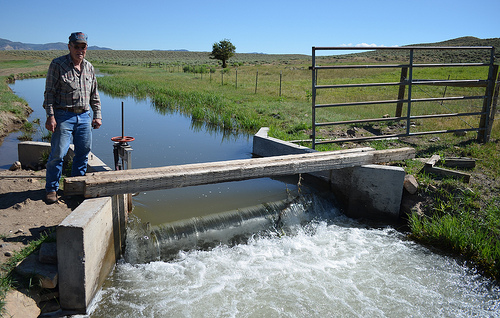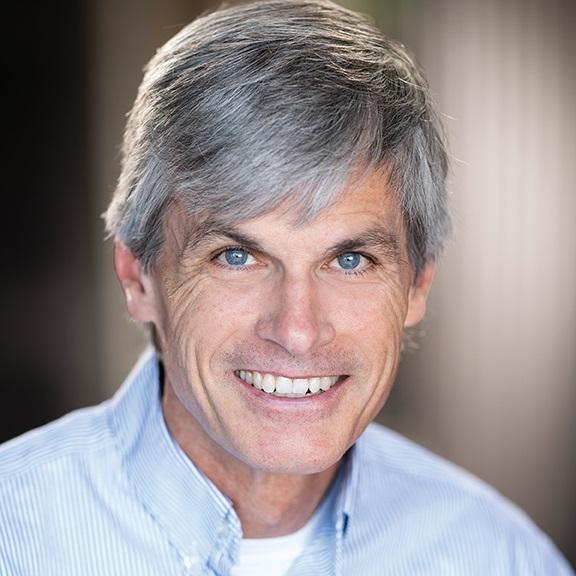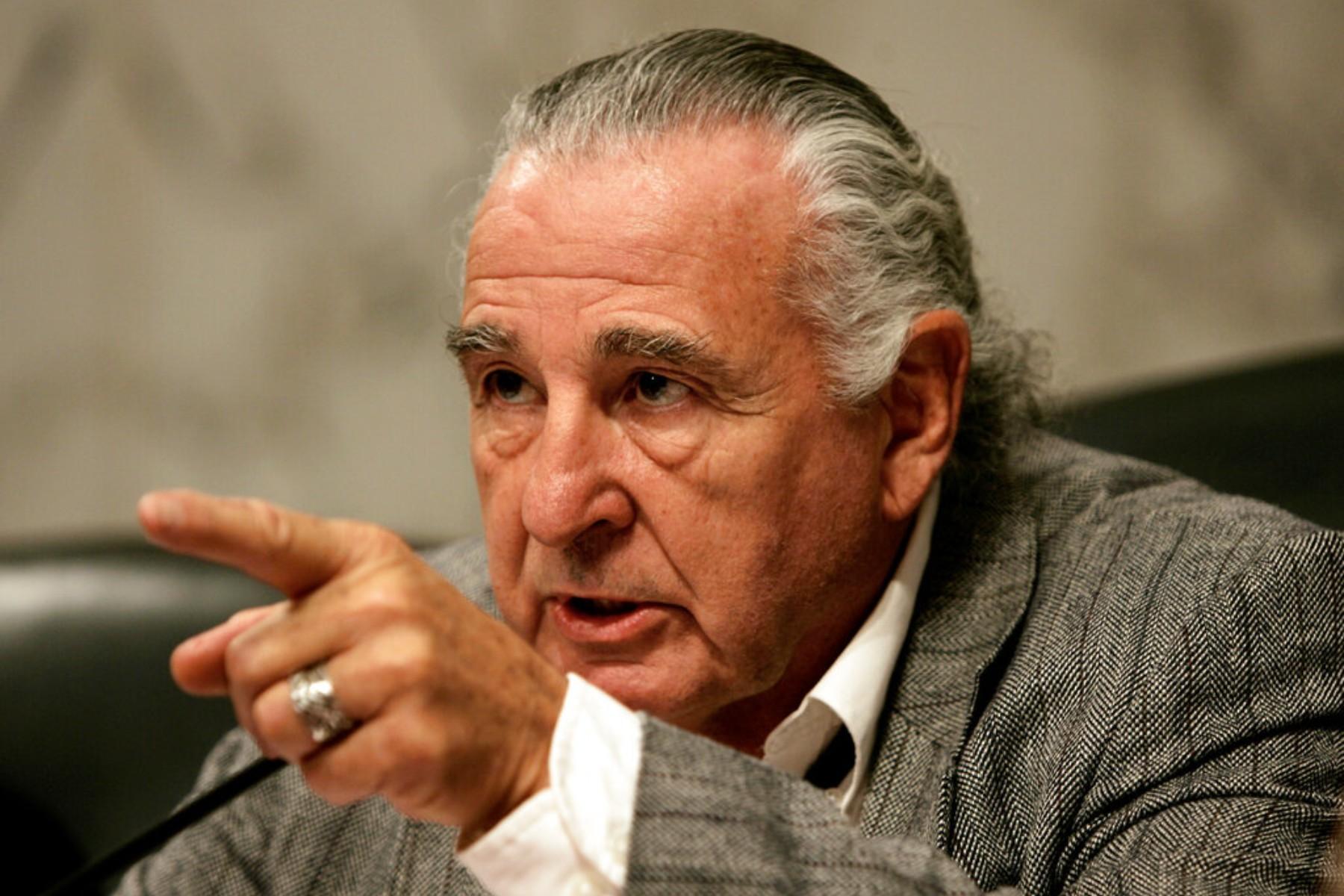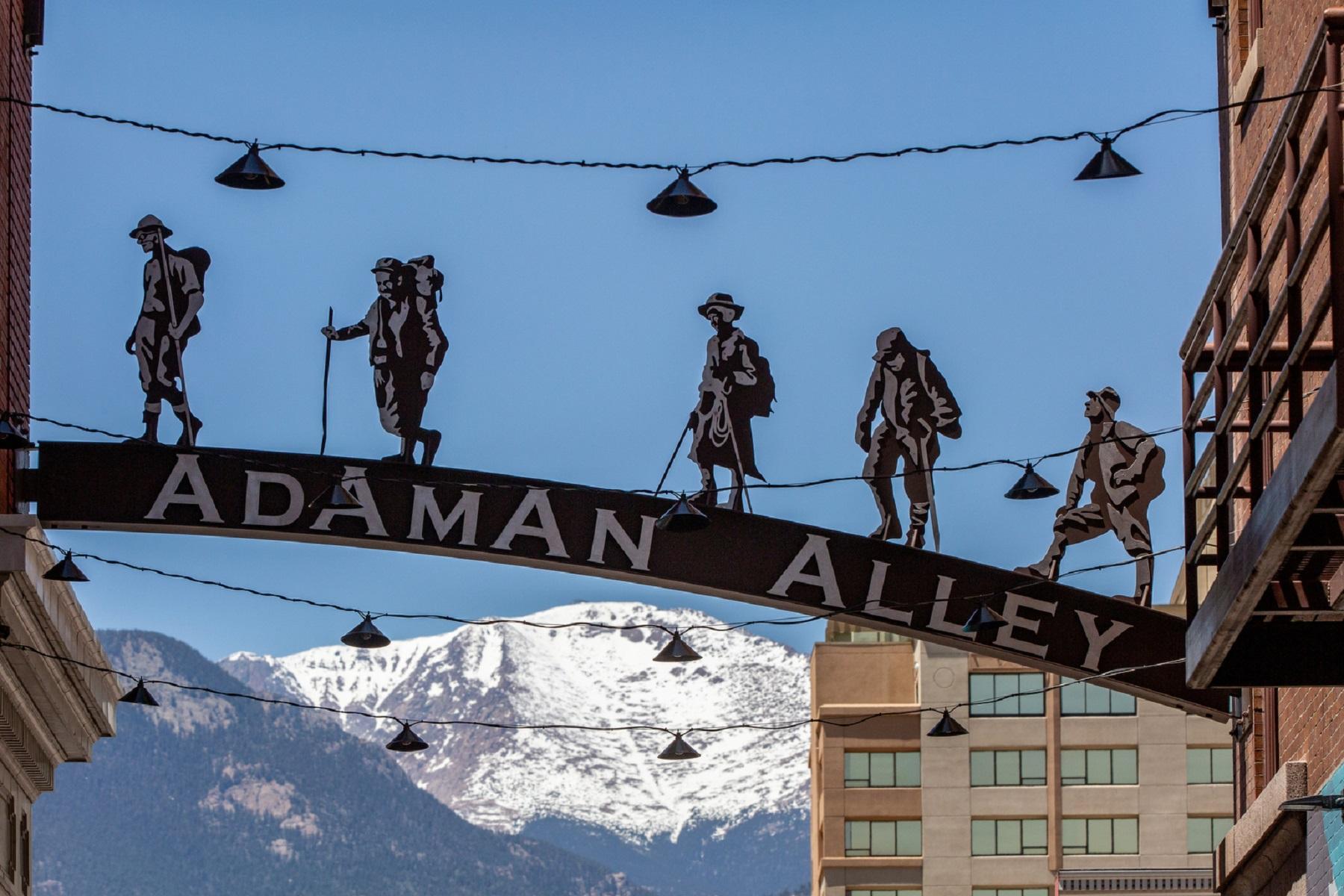
[CPR Photo/Pat Mack: George Wenschhof, a rancher near Meeker, Colo., stands by the irrigation ditch that supplies water to his hydro electrical system.]
The Wenschoff Cattle Company just outside Meeker in northwest Colorado sprawls over 500 acres. Four hundred head of cattle graze in the valley of two nearby mountain ranges.
The terrain includes a slope that’s the perfect pitch for a small hydropower project. Rancher George Wenschhof modestly says he cobbled the hydro system together using a little CBE, cowboy engineering.
"That’s baling wire and twine, tying stuff together and making it run," he says with a laugh.
The 72 year-old also relied on some technical experts as well as the mechanical know-how learned during his years as a helicopter test pilot in the military to build his hydro electircal system. Water is piped underground from an irrigation ditch 160 feet downhill to turn a turbine.
First in the nation
Wenschhof was the first person in the country to get approval for his system through a streamlined permitting process. In 2010, Colorado officials worked with federal officials to develop the simpler, cheaper approval process, and that model could be extended to the entire country for small hydro.
Inside the small powerhouse, Wenschoff points to a gauge on the system’s control panel.
"We’re running about 62 pounds of pressure," he said.
That generates enough power for his ranch, even for the irrigation system, which, despite the drought, keeps his pasture green.
Wenschhof received a federal grant to pay for half of the project’s $160,000 cost. "
"The main reason for success is we got rid of our electric bill which can be anywhere from 9, 10, 11 thousand dollars a year," he said.
Standard process expensive
Wenschoff adds that he could not have come up with tens of thousands of dollars for the standard approval process. The reason it’s so expensive is that federal officials treat all hydro projects the same, no matter their size.
That’s why in 2010, Colorado developed the streamline process for small projects. That’s led to seven such systems in the state so far.
Tracee Bentley, the state energy office deputy director, says small hydro isn’t going to dramatically reduce the use of fossil fuels, but it’s still important.
"It really comes down to energy independence and security for the particular landowner and really for rural Colorado," she said.
Environmental group supportive
Even an environmental group, American Rivers, supports the streamlined process for small hydro.
Spokesman Matt Rice says projects of that size have a minimal environmental impact because they make the most of existing dams and irrigation ditches. He adds that now only 3 percent of the tens of thousands of dams in the country produce power.
"There’s tremendous potential for these types of projects around the country, not just Colorado," he said.
Rice added the federal legislation to extend the permitting process Colorado developed to the rest of the country includes a safeguard. For the first time, people would be allowed to object to hydro projects they deem too damaging. That bill has passed the House and a Senate committee and only needs to be approved by the full Senate.
Back on the Wenschhof ranch, water continues flowing through the irrigation ditch, just like it has for more than a century. Wenschoff says it only makes sense to use it to produce power.








